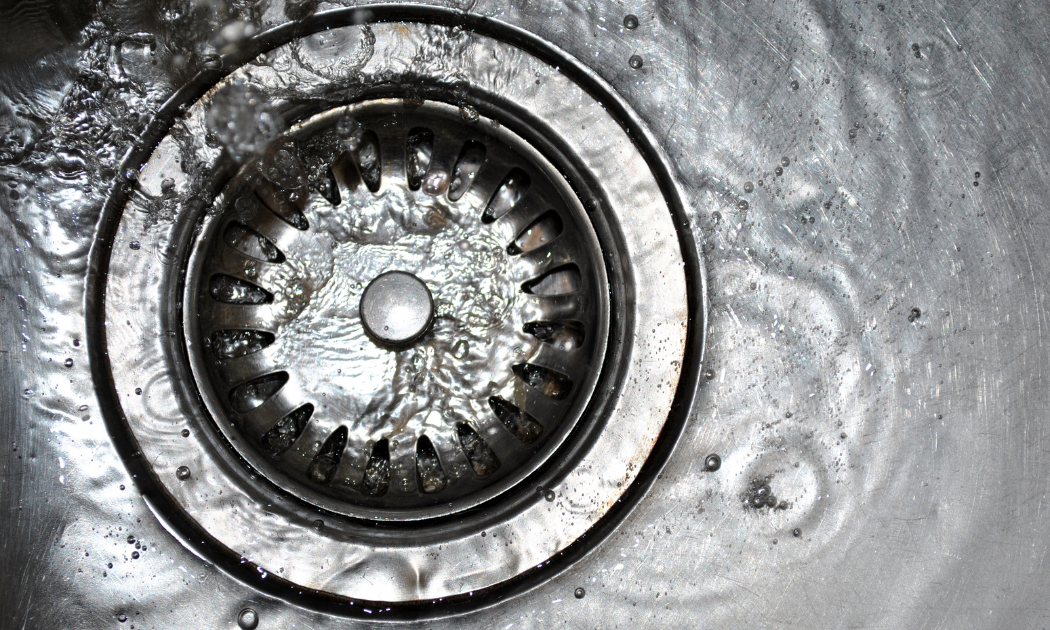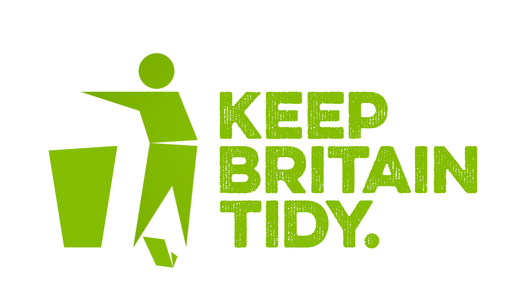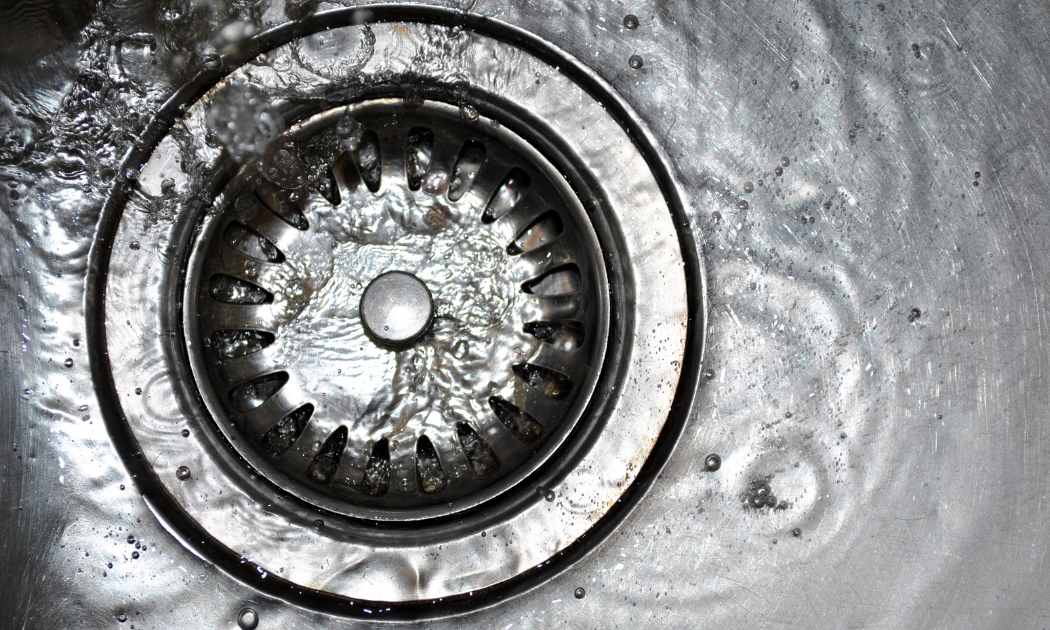
Four Simple Ways to Prevent Blocked Pipes this Unblocktober
When pipes, sewers, and drains get blocked, it can lead to all sorts of problems, from environmental issues like pollution and foul-water flooding, to the need for expensive and noisy repairs and roadworks.
This month, the Unblocktober campaign is calling on households across the UK to take action around the home to lessen the likelihood of backed-up pipes.
So what can we do to prevent blockages? We’ve put together a short list of small actions that we can all take to keep our sewers running smoothly, and protect our rivers, and seas.
Think before you head to the sink
When people pour cooking fat, meat juices, and leftovers down the sink, the fat soon sets hard in the cold pipes. That’s a recipe for disaster. Hardened fats, oils, and greases can mix with other unflushable items to create ‘fatbergs’
You might remember the record-breaking, 250 metre long, 130 tonne fatberg discovered below Whitechapel a few years ago, but these unpleasant blockages are an everyday occurrence. The UK spends around £100 million every year clearing an estimated 300,000 fatbergs. They clog sewage pipes, stop waste water from reaching treatment works, and increase the risk of sewage spilling into our rivers and seas, or even backing up into our homes. That’s enough to put anybody off their dinner.
To prevent this, you can scrape or pour leftover fat from roasting trays and pans into a heat resistant container, and then reuse it, or bin it, once it’s cooled. You can also use kitchen roll to wipe away grease left over in pots and pans before you do the washing up, and use a sink strainer to catch any greasy food scraps.
Don’t flush your wet wipes
According to research by Keep Britain Tidy, four in ten Brits admit to flushing wet wipes down the toilet, and that rose to more than six in ten among 18-24 year olds.
The vast majority of wet wipes contain plastic, and don’t deteriorate in water like toilet paper does. As a result, flushing wet wipes can cause blockages, and even end up making their way into our rivers and seas as marine litter.
Some wet wipes are accredited ‘fine to flush’, but it’s best to err on the side of caution. Popping your used wet wipes in a bin rather than down the toilet is a simple action, but it will help keep plastic out of our oceans, and possibly save you an expensive plumbing bill too.
Switch up your sanitary products
It isn’t just wet wipes getting flushed that can cause problems. Most menstrual pads are made of 90% plastic and many tampons and liners contain plastic too. What that means is that like wet wipes, these items don’t degrade in water. In fact, they are designed to absorb large volumes of moisture, meaning instead of breaking down in our sewers, they absorb, expand, and cause even bigger blockages.
Disposing of these items in a bin prevents these blockages from occurring, but it’s not the only sustainable sanitary switch that we can make.
Swapping out disposable products for hygienic, reusable alternatives is a great way to cut waste, prevent sending more plastic to landfill, and to save pennies too; the average person can save up to 94% of what they would have spent on disposables over their lifetime by making the switch to reusables.
There are plenty of options available. Menstrual cups, period pants, and reusable menstrual pads are long-term, reusable alternatives that are kind to our bodies, and to the planet too.
Only flush the three Ps
From condoms and contact lenses, to razor blades and rubber gloves – it would be difficult to put together an exhaustive list of the things that you shouldn’t flush down the toilet.
Instead, we’ll share this simple piece of advice. When it comes to flushing things down the loo, stick to the three Ps. That’s pee, poo, and paper, and use a bathroom bin for all the rest.
Even small items – things like dental floss and cotton buds – can end up making their way into our seas and rivers, and they can have a devastating effect on our wildlife – after all, plastic waste kills up to a million sea birds every year.


